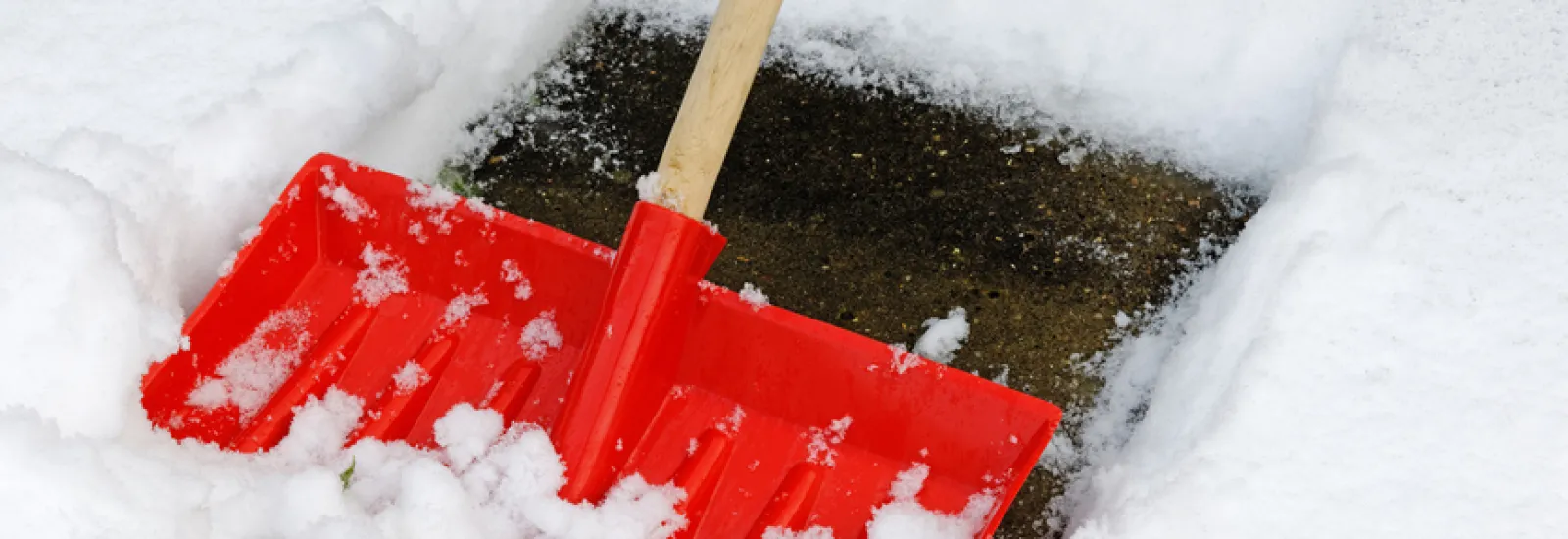
Elderly winter safety tips
Winter snow ice and cold temperatures can be dangerous to anyone's well-being. But for the elderly many of whom suffer from mobility issues the winter months can be especially hazardous says the Ohio Department of Aging. From icy sidewalks and driveways to stiff painful joints slip and fall risks increase for the elderly during the winter months. The National Institute on Aging reports that injuries from falls can range from bruises to broken bones and hospital stays which can decrease mobility and quality of life for the elderly.
Here are some helpful elderly winter safety tips for fall prevention according to the National Institute of Arthritis and Musculoskeletal Skin Diseases.
- Environmental measures: Prevention is the best way to limit slips and falls under winter conditions. Shovel and salt your loved ones' driveways steps walkways and sidewalks. Also check to make sure that outside steps have a secured handrail to assist your loved ones in going up and down the steps.

- Weather conditions: Regularly check weather conditions before leaving home. Reschedule activities outside the home when snow or ice is predicted.
- Proper footwear: Encourage your loved ones to wear durable shoes or boots that provide good traction. Rubber-soled shoes provide more traction than those made of plastic or leather.
- Warm clothes: Cover all exposed skin areas of your elderly loved ones to prevent frostbite and hypothermia. This also decreases the chances of falling from balance changes caused by hurrying or tensing of muscles.
- Assistive devices: Ensure that your elderly loved ones continue to use their canes or walkers when they are walking outdoors. Replace worn rubber tips on walkers and canes or talk to a mobility equipment retailer about winter canes or cleats that can be added to your loved ones' current devices.
- Safe walking surfaces: Always use sidewalks and paths that have been cleared of snow and ice. Never walk through the snow. Be particularly vigilant when stepping up or down steps or from curbs. Be alert for black ice.
- Slow and steady pacing: Give your elderly loved ones ample time to maneuver outdoors. Remind them to take small slow steps with their feet pointed slightly outward to increase their bases of support. Encourage the use of handrails at all times.
- Vehicle safety: Your loved ones should swing their legs around and put both feet on the ground before attempting to stand up and get out of a vehicle. Help them steady themselves on the door frame until they gain their balance.
- Packing light: Ideally your loved ones' hands should be free when they walk in winter weather. Carrying large or heavy packages can be risky. Carrying heavy or bulky packages while walking on snow or ice can decrease your loved ones' ability to balance themselves if they hit a slick spot on the pavement.
Winter safety and fall prevention for the elderly takes some planning but it's worth it to decrease the risk of falls during the winter months and ensure the safety of your loved ones. While winter falls are not always avoidable following these elderly winter safety tips can help prevent serious injuries.

